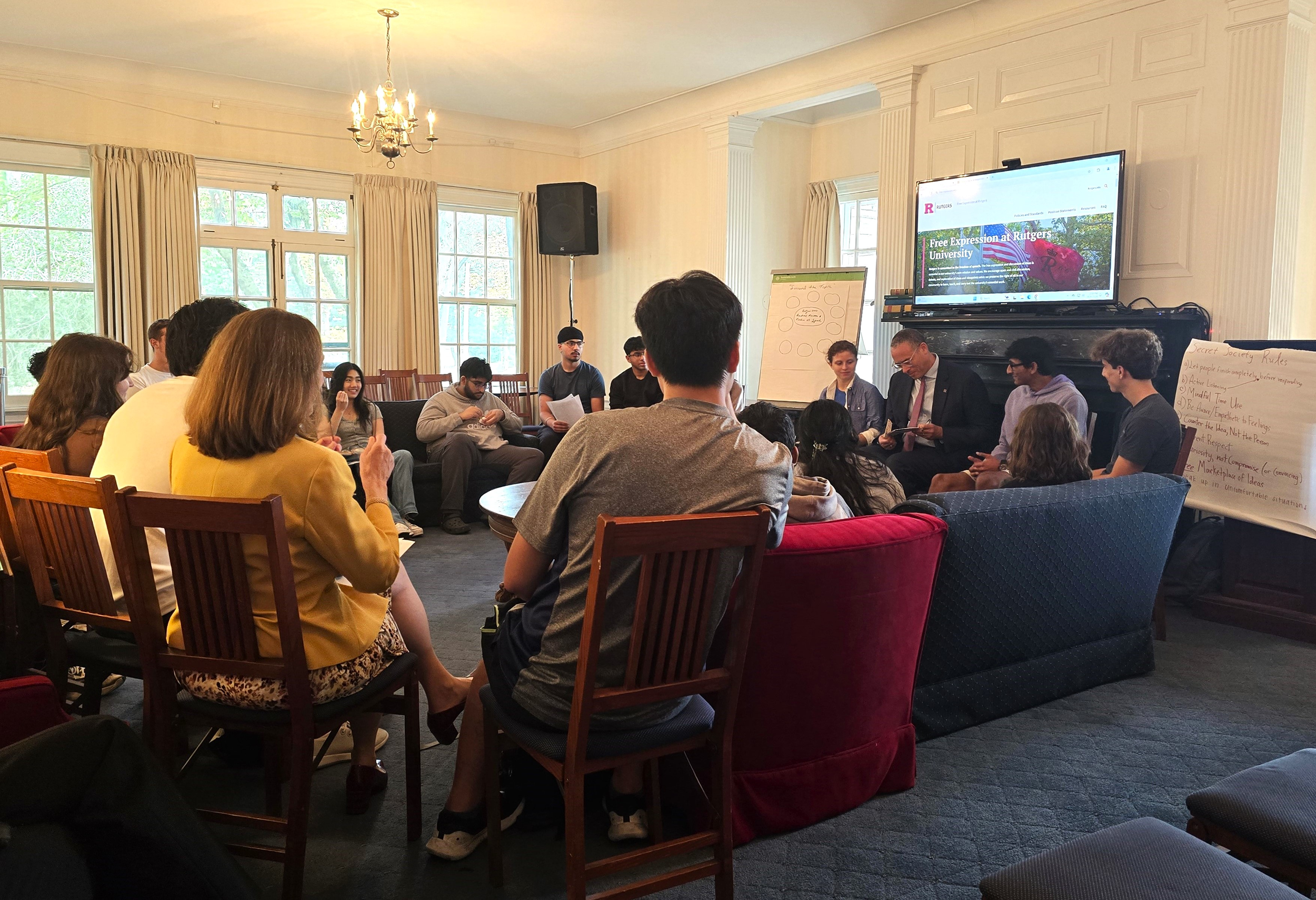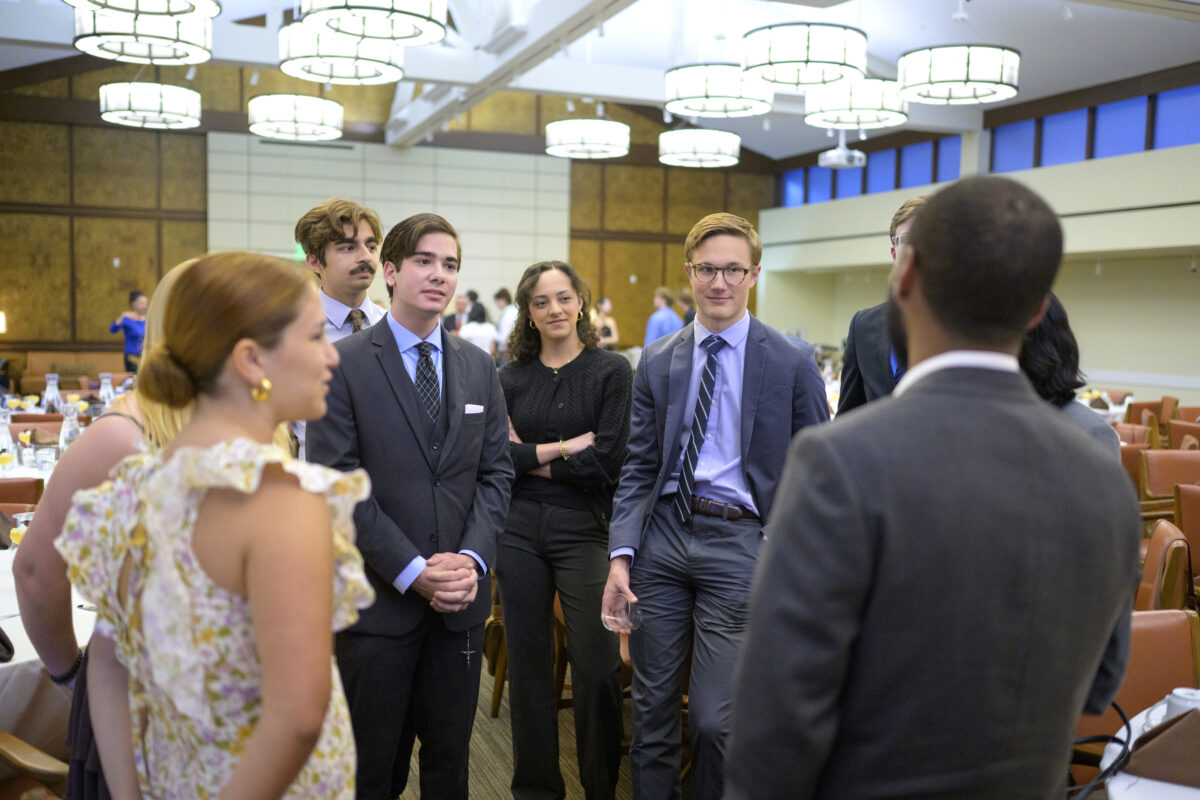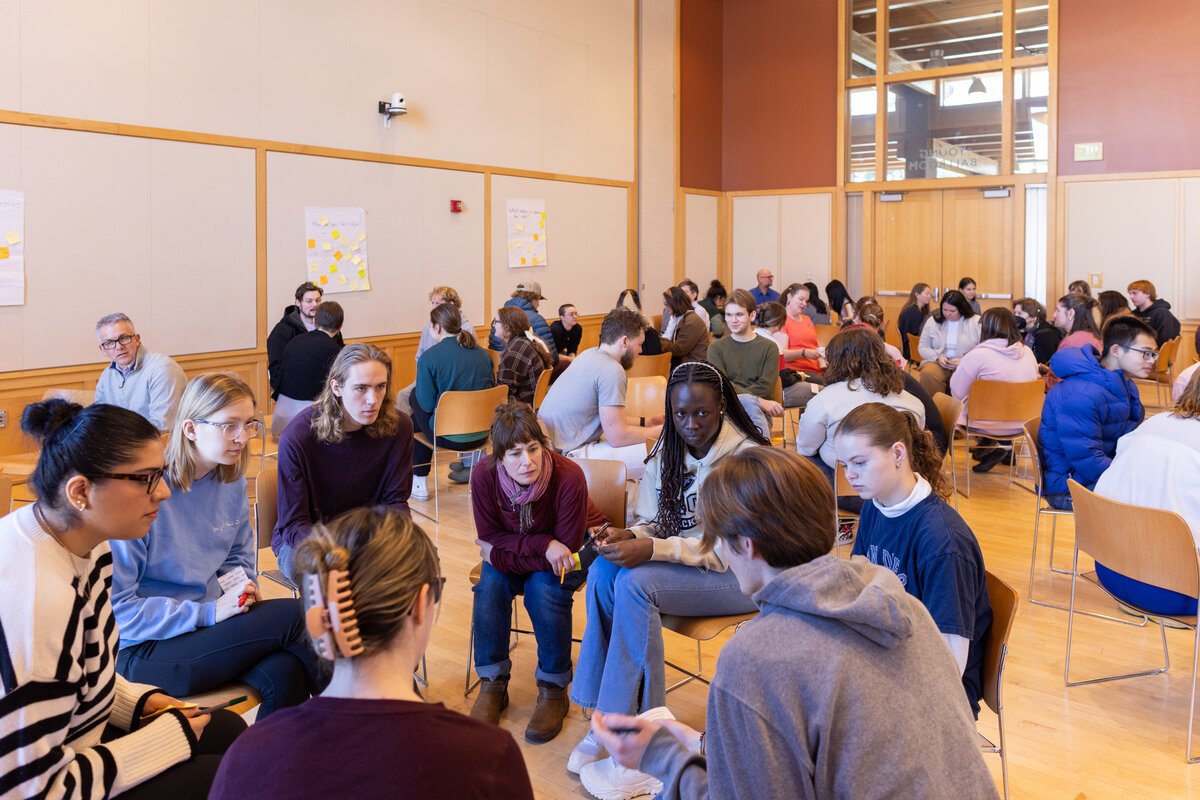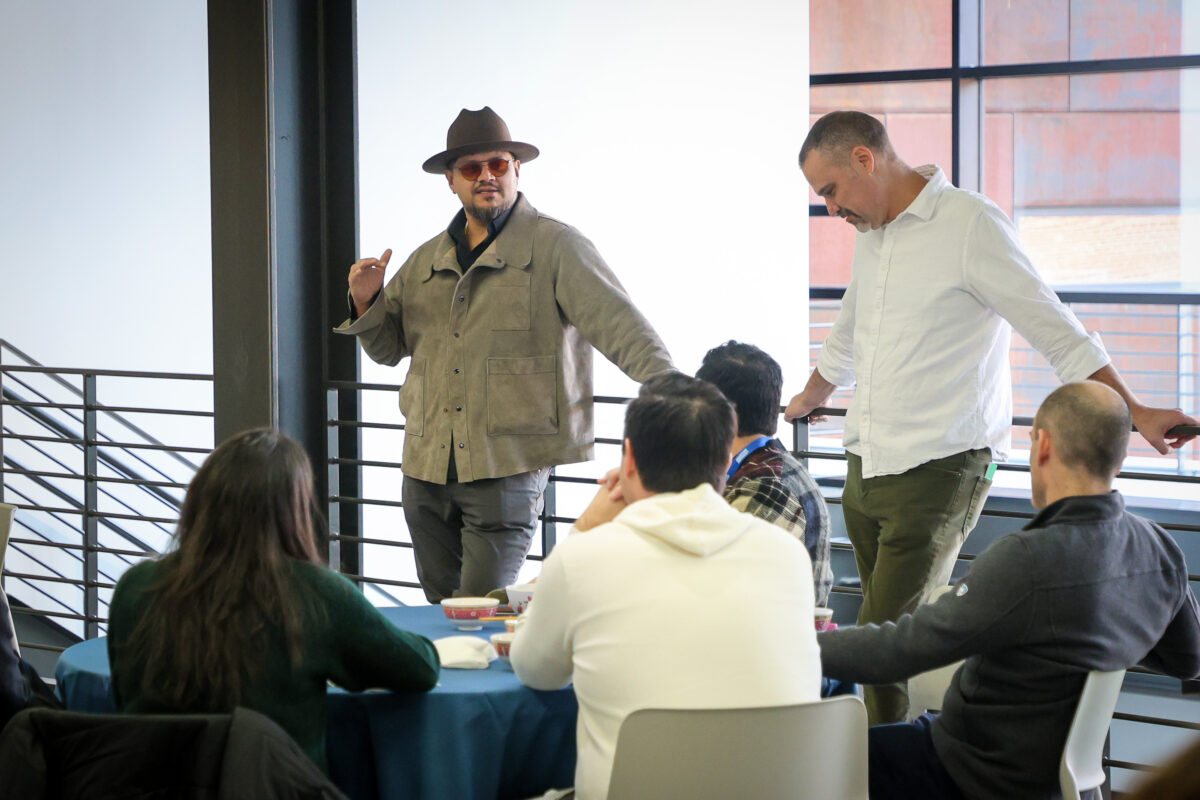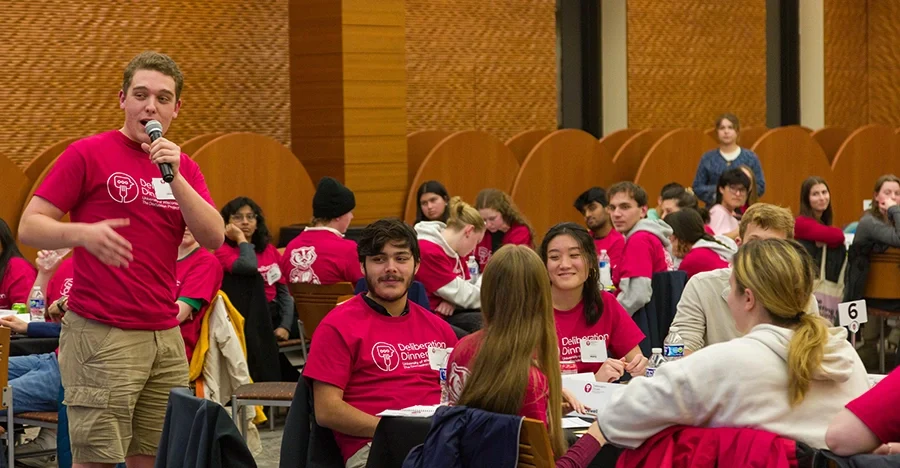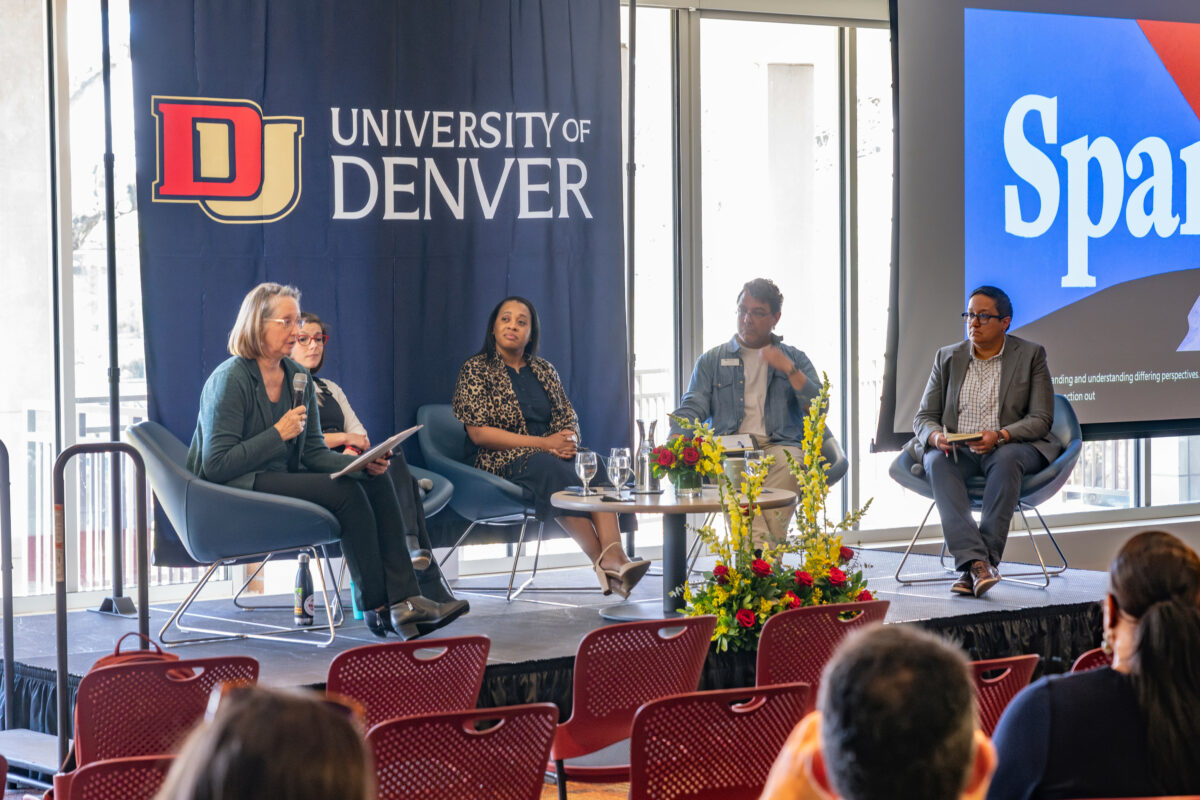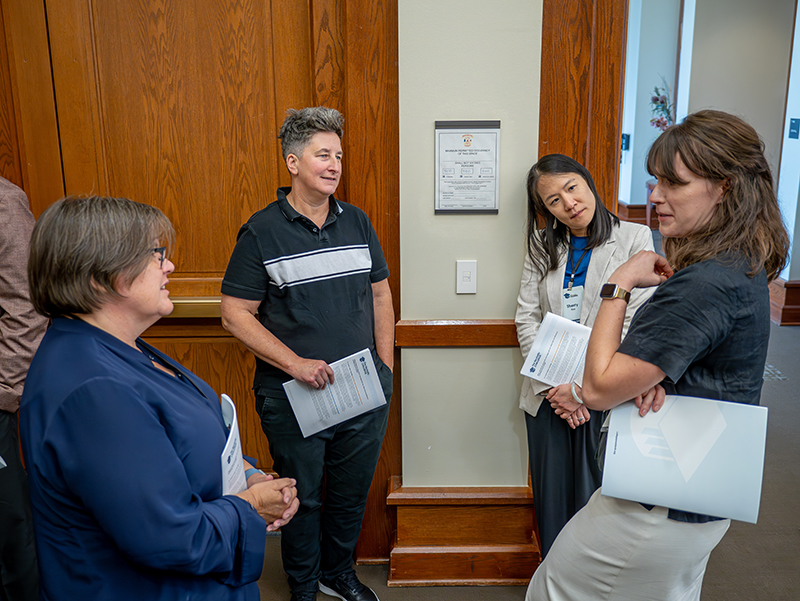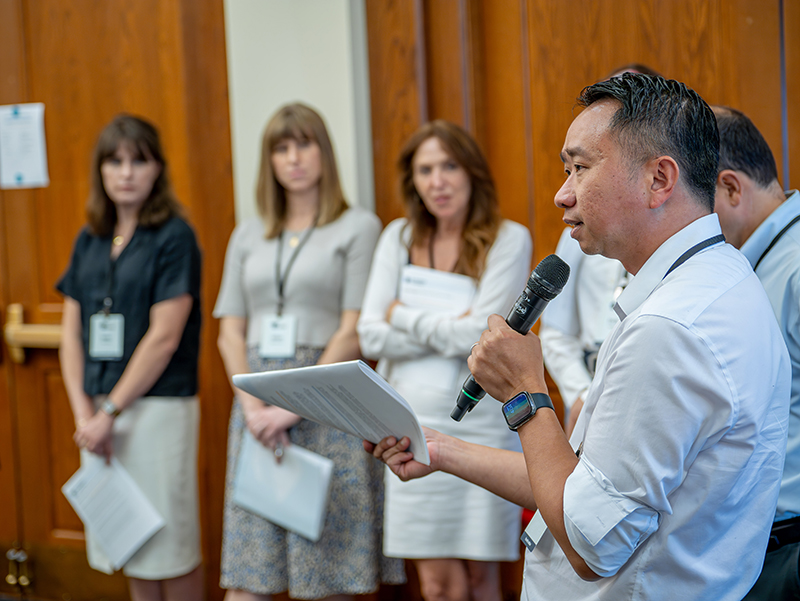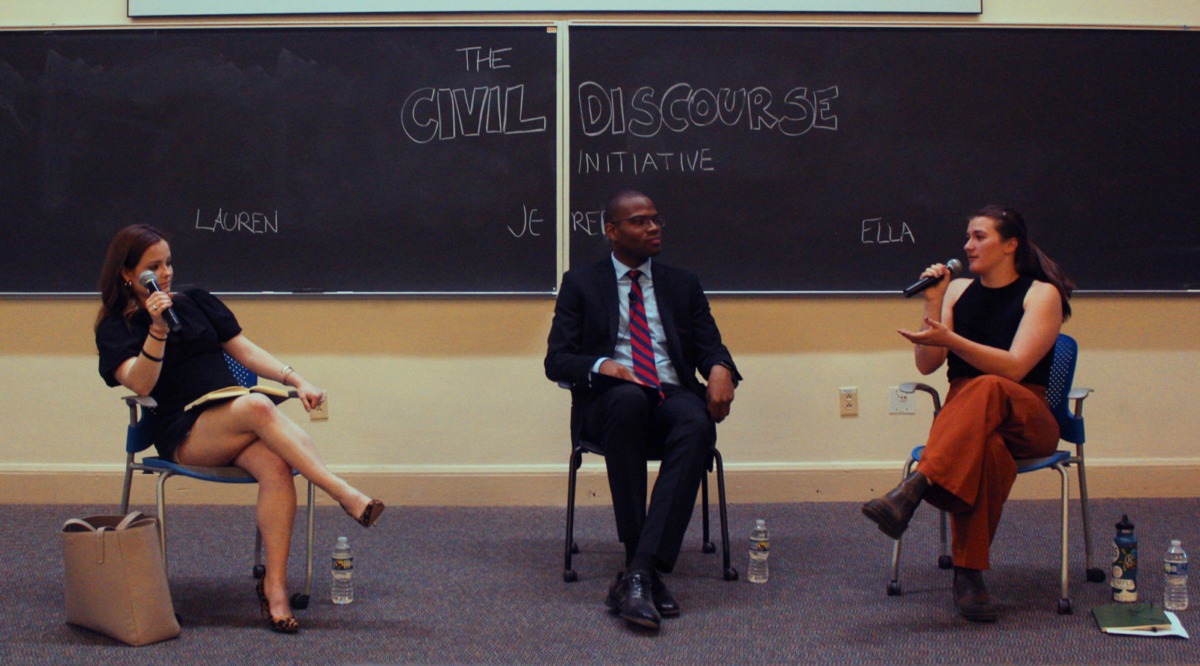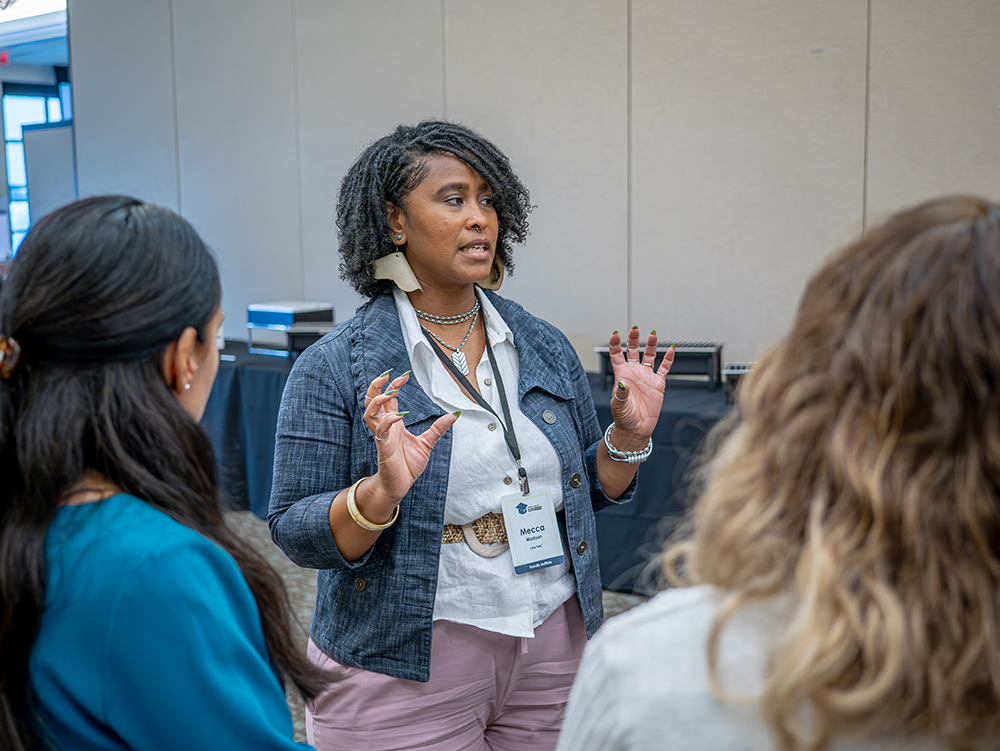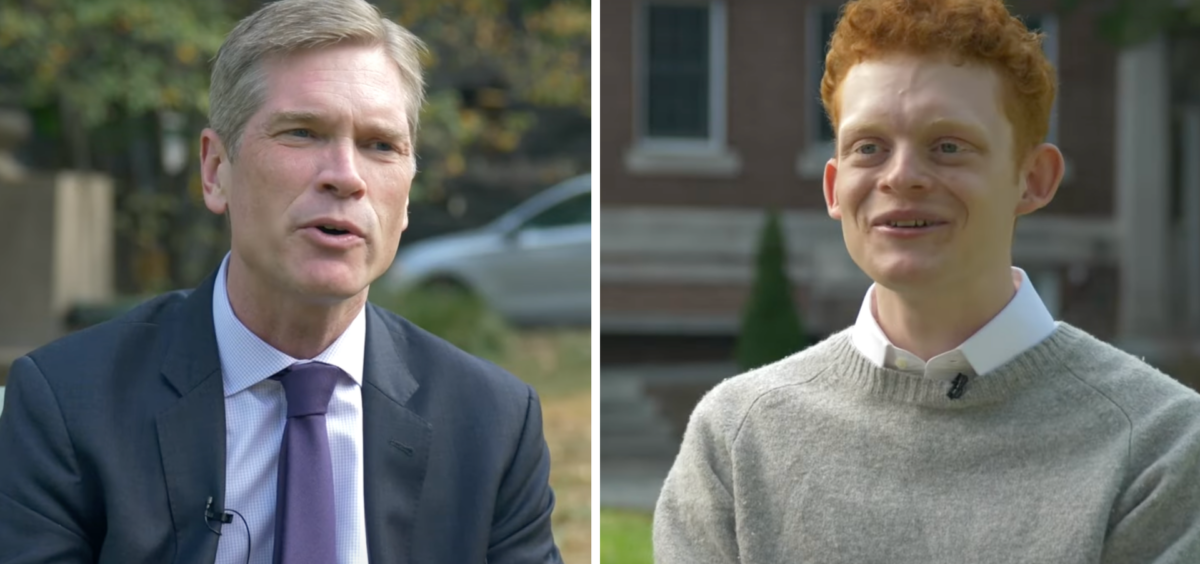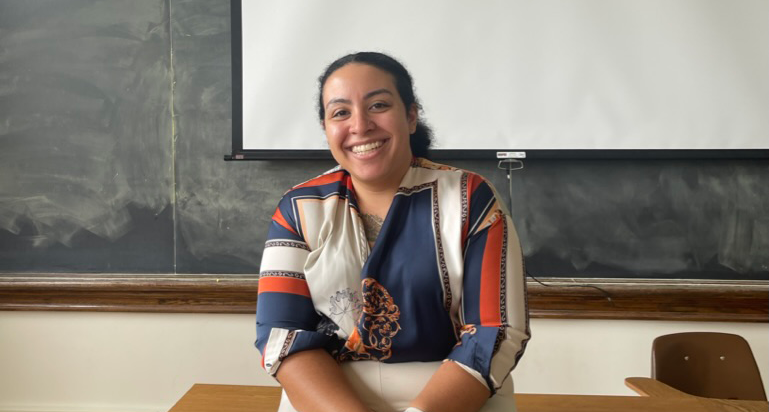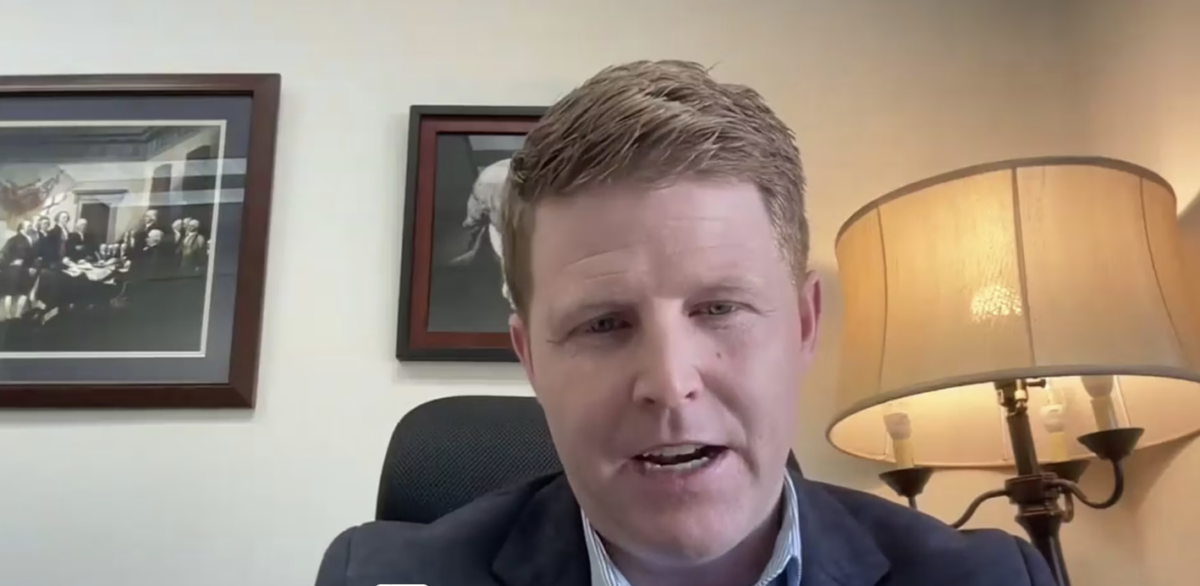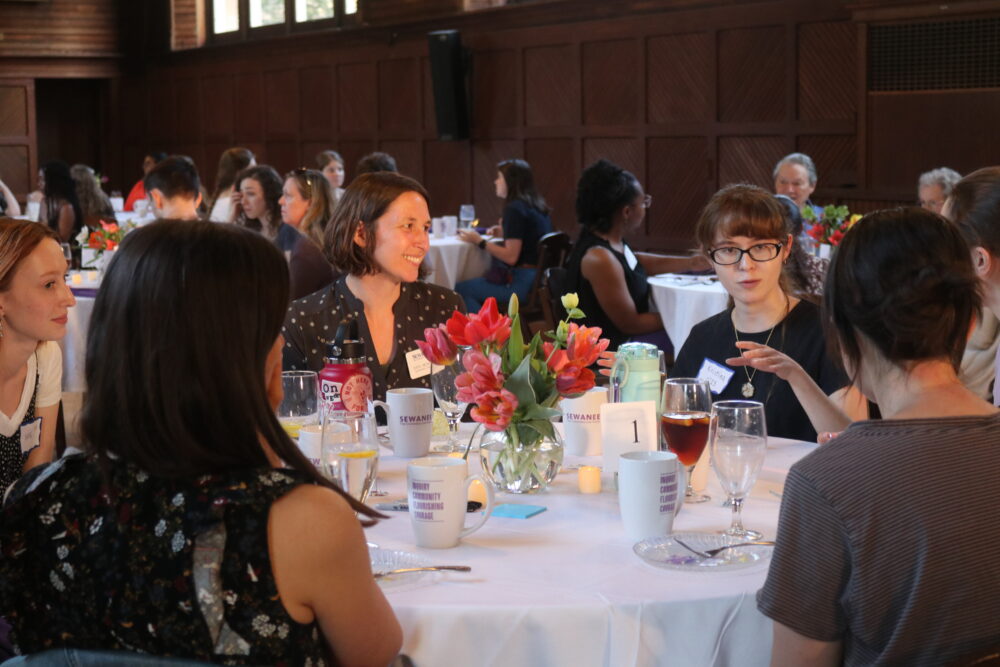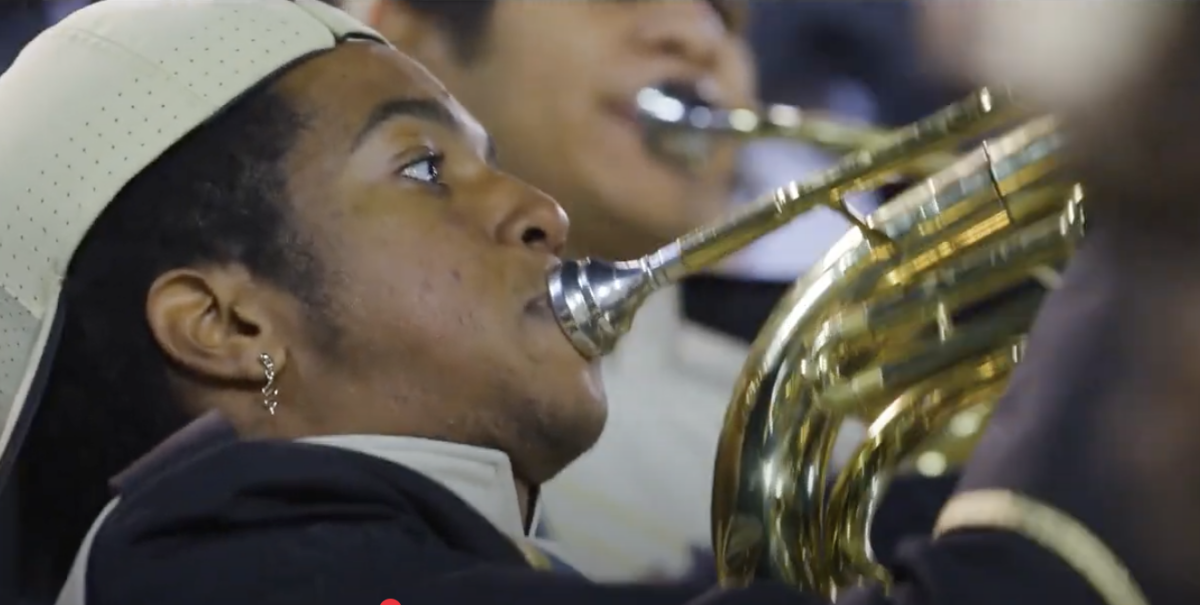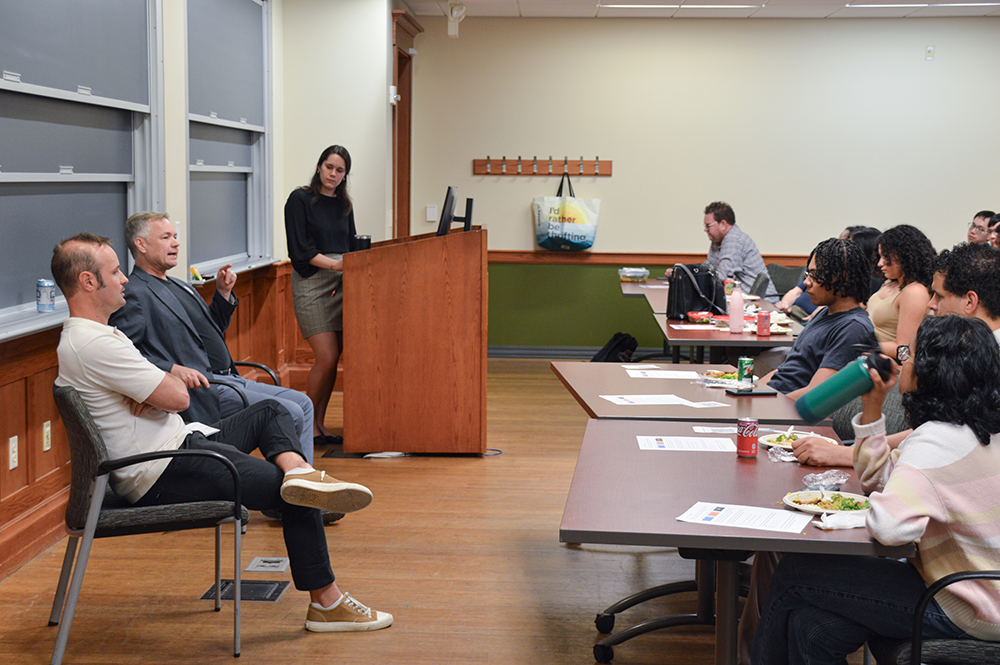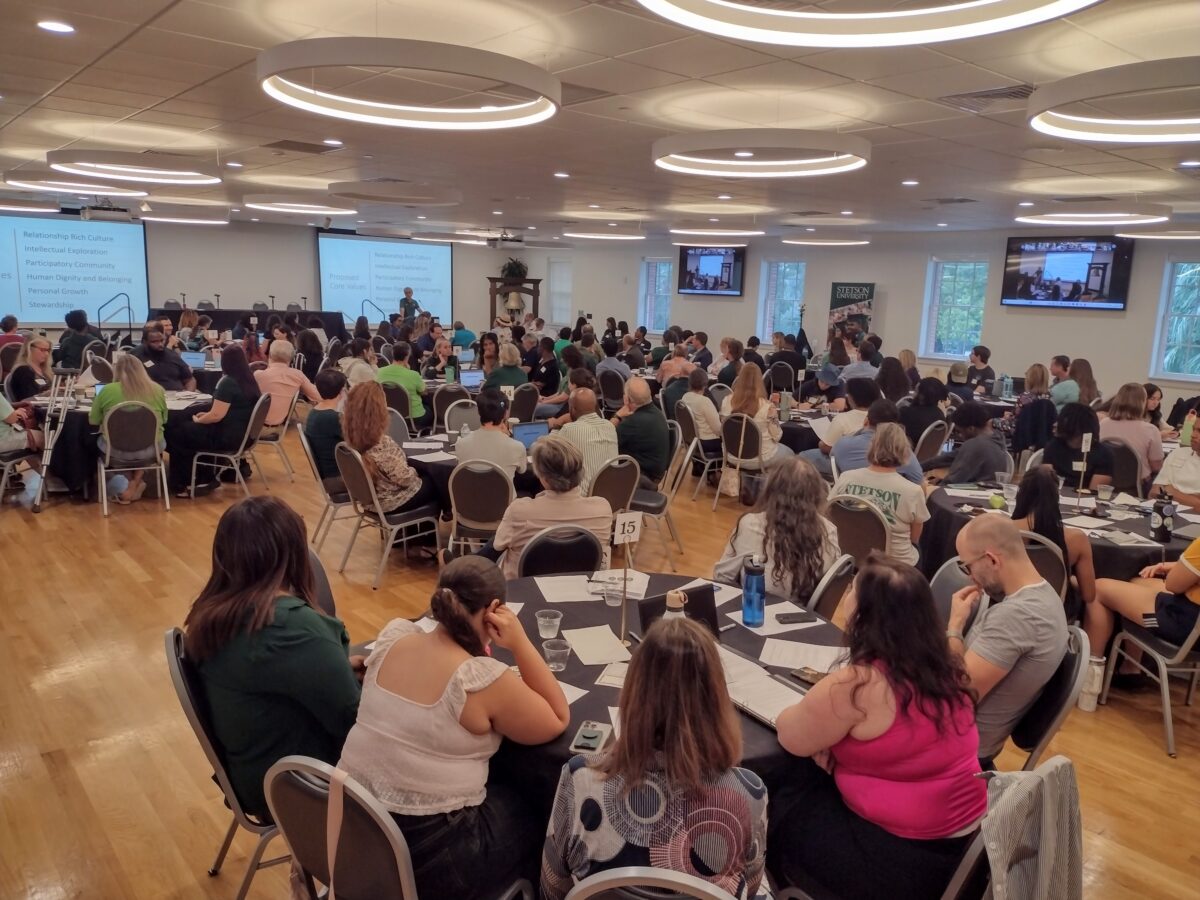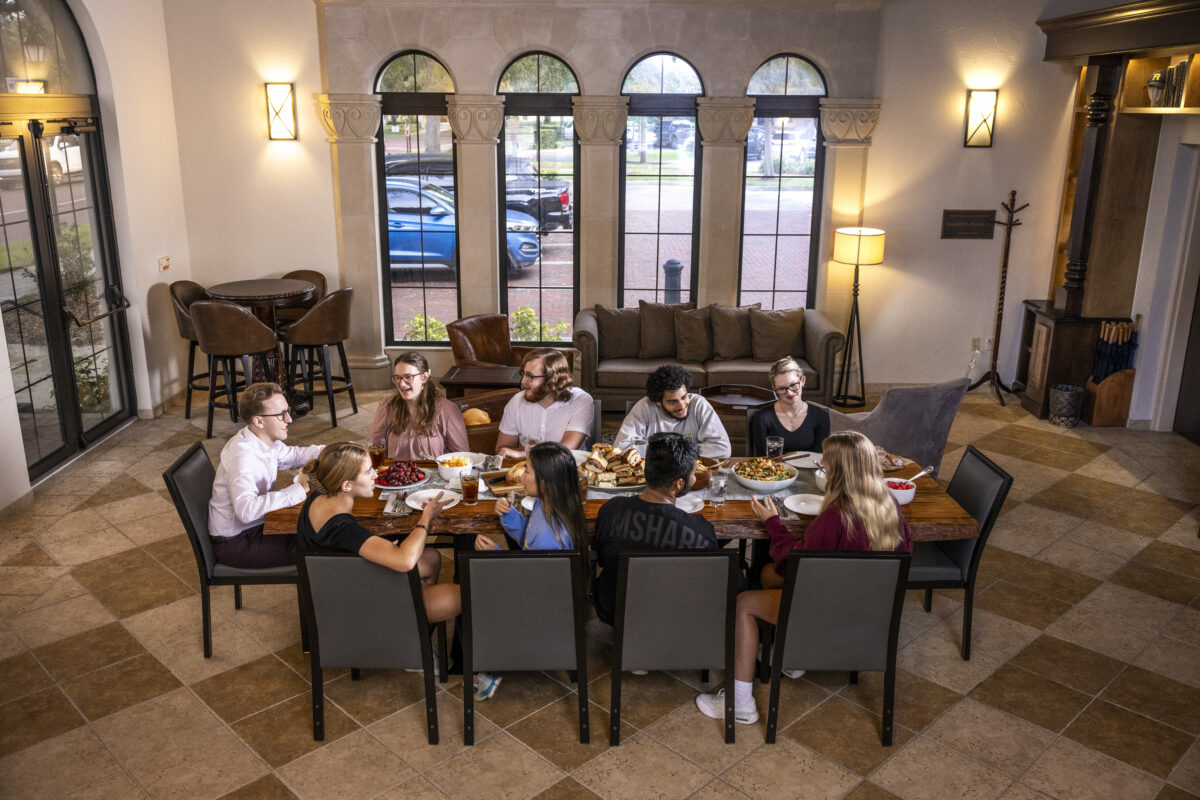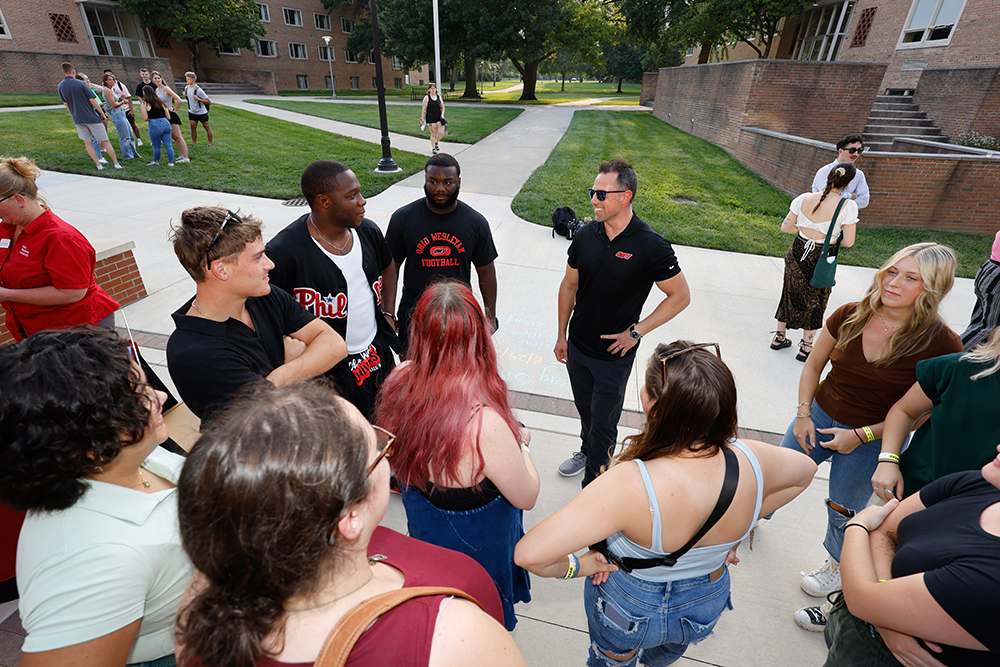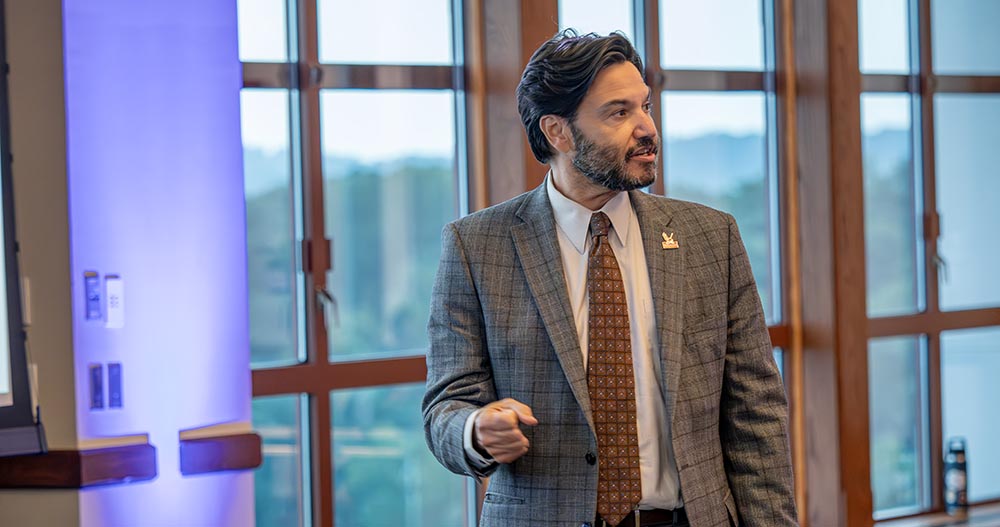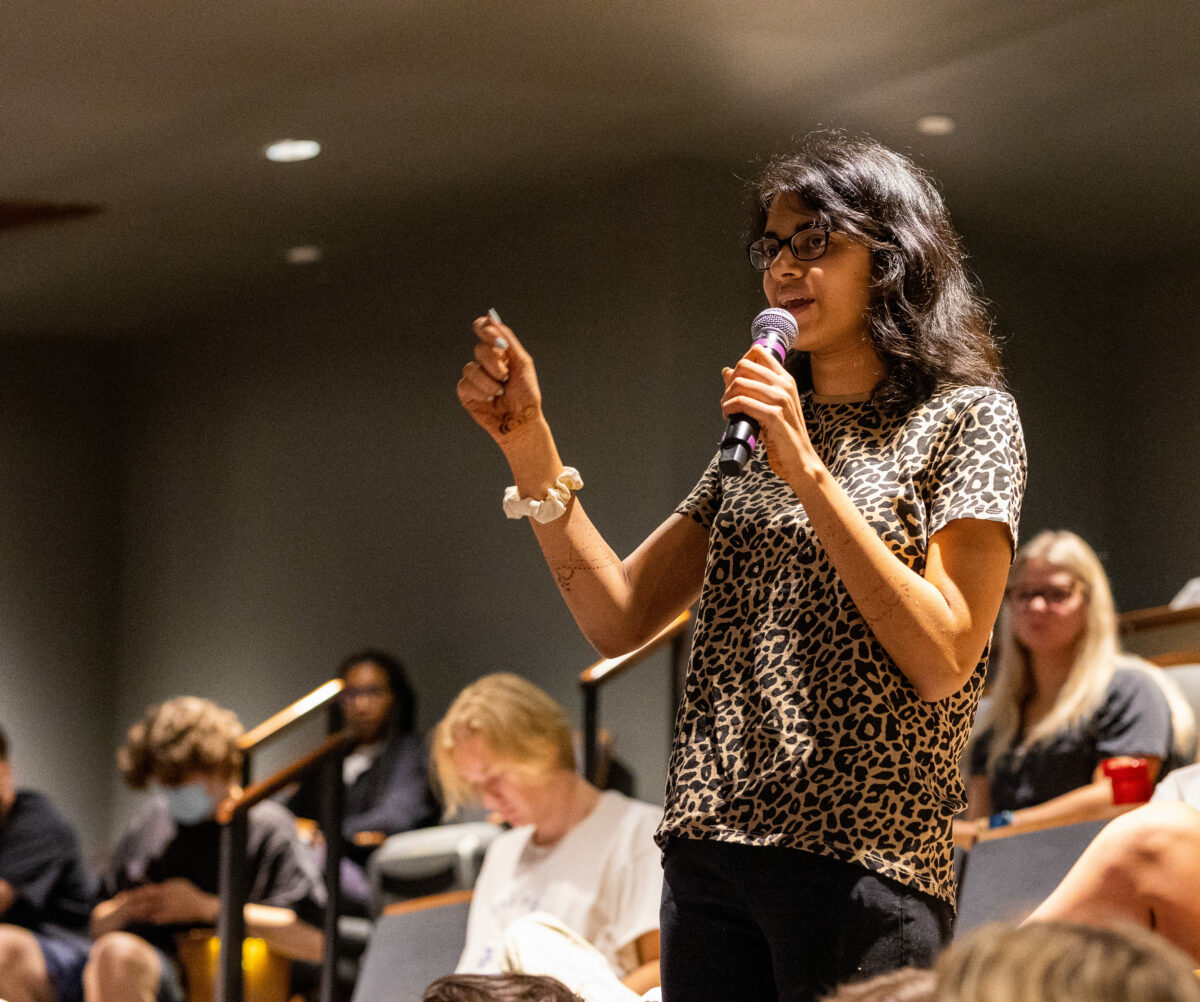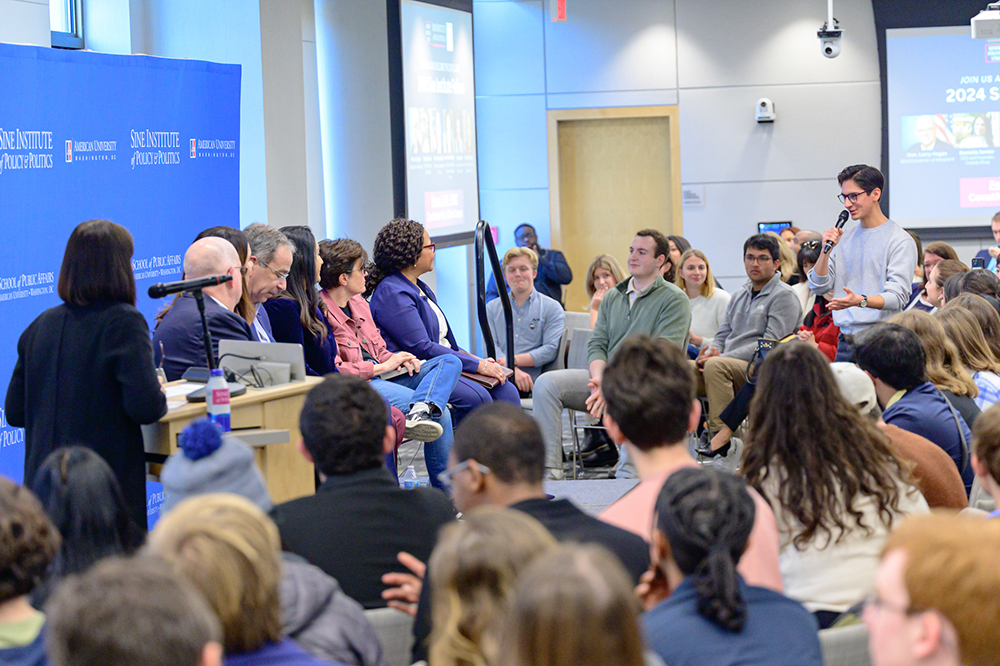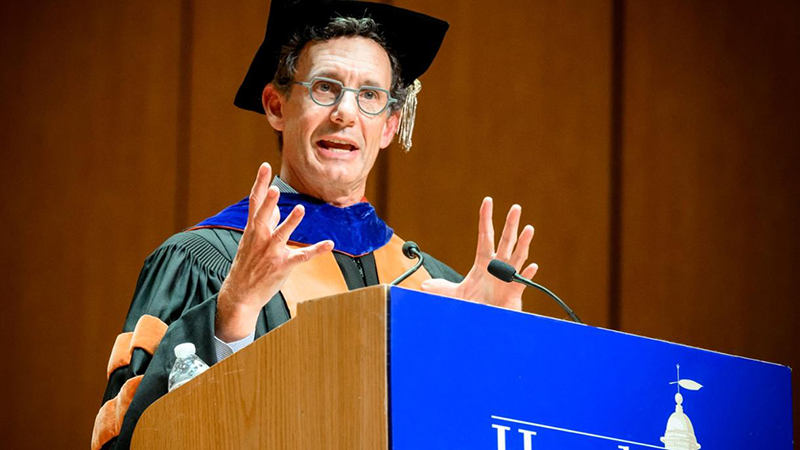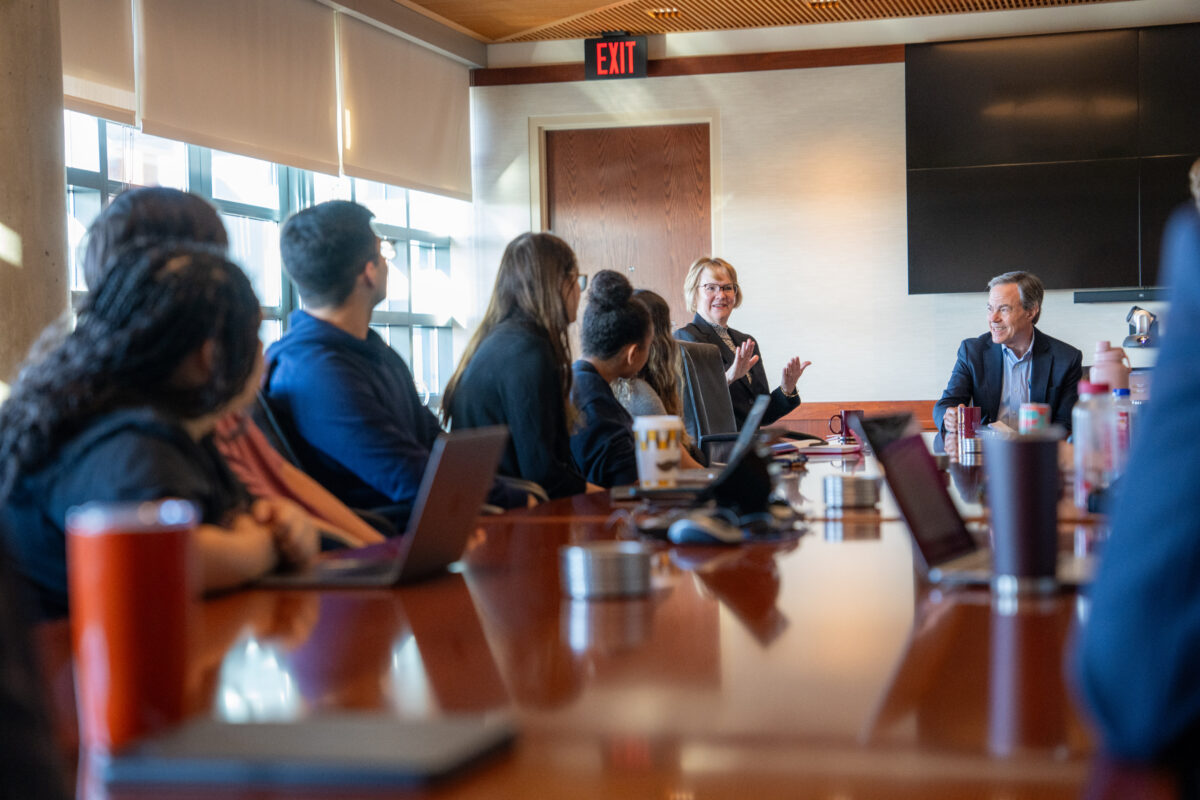In today’s political climate, navigating conversations with those who disagree with you can feel like walking a tightrope. But for Elizabeth Matto, Director of the Eagleton Institute of Politics, a political scientist, and a research professor at Rutgers University, it’s a skill worth mastering. In June 2024, she explored new strategies for helping her students engage in productive conversations about difficult topics at the Faculty Institute. Hear how Elizabeth is bringing those insights back to her classroom:
Elizabeth Matto:
My students care about what’s going on around them. They care about the state of American politics and campus politics. They care about these really weighty public problems that they are either experiencing now or know they will be bearing the burden of solving. We have students who want to participate in politics but don’t see it as being accessible to them. So we have students who are paying attention and want to make things better. Students want to have these conversations.
I think they lack the skillset, and there’s a real trepidation and anxiety related to having these conversations. Having a dialogue with people you disagree with in a way that feels productive and secure is the biggest challenge. It’s not the desire, it’s not the passion or interest—it’s the skillset and the confidence.
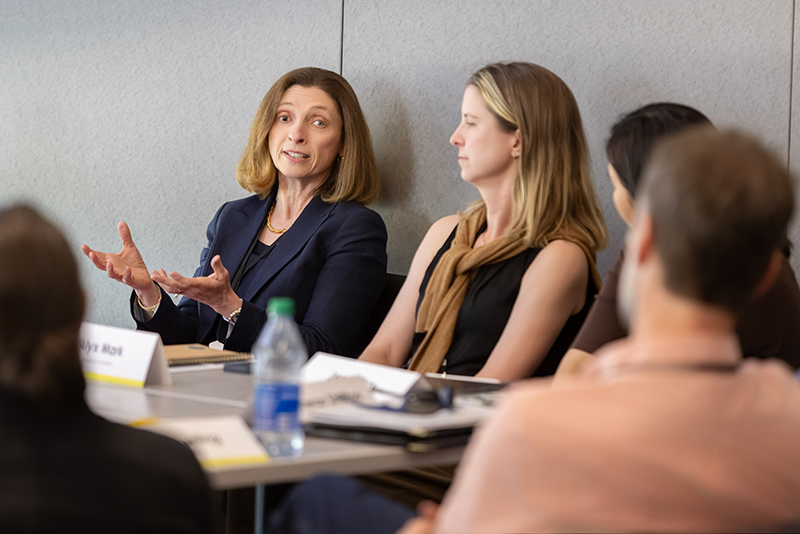
There are so many tools and practices that I have learned through the Faculty Institute that I now integrate into my coursework. An exercise I use frequently involves students identifying, defining, and ranking their personal values. I present scenarios—like gun control or student loan debt—and ask if their value rankings would change in these contexts. It’s a tangible, hands-on activity that helps students think critically and empathetically about their own perspectives.
These skills are like the ground rules exercise I use in class as guidance for the semester. It’s not quite an insurance policy, but more like an inoculation, helping the class manage heated conversations and handle difficult moments. Similarly, a campus culture built on a shared commitment to disagree without being disagreeable can help the campus weather storms, whether it’s a heated protest, dissatisfaction with administrative decisions, or election outcomes.
For faculty, students, and staff to feel prepared—to have the training, mindset, and opportunities to have these conversations—it’s a way to keep your campus healthy. It builds a sense of community that is genuine and real, fostering a sense of interpersonal trust that allows the campus to navigate difficult times and reach aspirational heights. You can’t do that if you’re constantly mired in the unproductive and divisive.
Being able to have a vigorous, thought-provoking conversation in the classroom with students—and seeing them engaged and feeling some sense of accomplishment at the end—is a small victory. When you add all those small victories up, it has a powerful cumulative effect. There’s so much attention to voting, and while that’s crucial, there should be more focus on the other serious elements that impact democracy’s health. To play a role in heightening the importance of—and hopefully improving—difficult conversations is really gratifying to me.
Classroom photo credit: Elizabeth Matto

